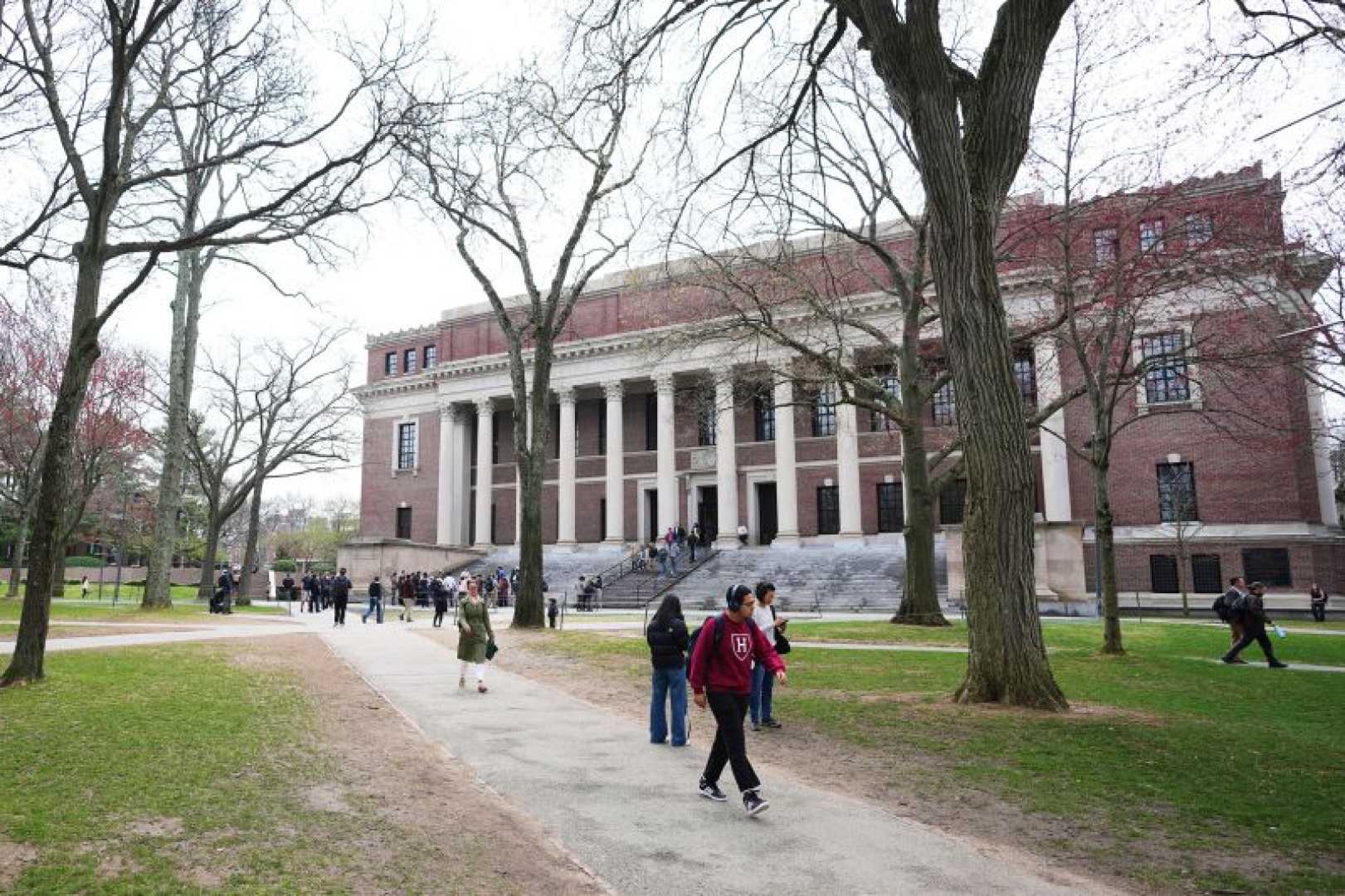Education
Harvard Faces Federal Threats Amid Trump Administration’s Funding Freeze

CAMBRIDGE, Mass. — Harvard University is navigating a precarious landscape following a funding freeze imposed by the Trump administration, a move perceived as punishment for the institution’s resistance to policy demands. The situation escalates as the Department of Homeland Security threatens to revoke Harvard’s ability to enroll international students if it does not provide specific records by April 30.
Homeland Security Secretary Kristi Noem‘s threat comes as Harvard finds itself at the center of a growing conflict between federal authorities and academic freedom. The administration’s directive includes demands for records concerning allegations of illegal activities by international students, who account for 27.2% of the university’s enrollment, or 6,793 students in the current academic year.
In response to the funding freeze, Harvard’s Vice Provost for Research, John Shaw, alerted faculty members about the potential impact on research projects, including critical initiatives focused on tuberculosis and cancer treatments. In an email, Shaw emphasized the need for collaboration in assessing disruption and preserving essential research activities.
“While there will inevitably be important research that will suffer as a result of the funding freeze, we are asking for your help in assessing how best to preserve vital work,” Shaw wrote. Faculty members are expected to convene shortly for a town hall to address concerns regarding the federal government’s actions.
The freeze on federal grants also raises significant financial implications for Harvard. Moreover, there is fear regarding the revocation of the university’s tax-exempt status, a move that could drastically alter its financial landscape. Renowned economist and Harvard professor Gregory Mankiw expressed concern, stating, “If the tax comes in, that means the university is going to have to cut back on something.”
The recent history of Harvard’s tense relationship with the Trump administration showcases the institution’s commitment to its principles amidst pressure to conform. The university declined to comply with various demands, including modifications to its admissions processes and a reduction in administrative power. The backlash includes halted federal grants totaling $2.7 million, which adds to the gravity of its current circumstances.
As the university contemplates its next moves, a group of faculty members has preemptively filed a lawsuit against the administration, alleging unlawful freezing of funds without adherence to legal protocols outlined in the Civil Rights Act. The administration’s silence on the lawsuit so far adds to the uncertainty surrounding the issue.
Peter Lake, a law professor at Stetson University, noted the extraordinary nature of Harvard’s situation, stating, “There isn’t a playbook on how to manage this.” The potential for extended legal battles looms, as both parties could find themselves in prolonged litigation over funding disputes.
The Trump administration’s tactics have drawn sharp responses from members of the academic community and broader public, with critics arguing that such measures are intrusive and threaten educational integrity. Some Harvard alumni reflect on the shift in the institution’s public perception amid political controversy. Lake remarked, “We’re not alone. It’s higher education, it has clearly lost a lot of social trust.”
As Harvard seeks to navigate these challenges, the university’s administrative leaders aim to balance both legal strategy and educational integrity while reaffirming their commitment to uphold constitutional rights. In a statement, a Harvard spokesperson reiterated the university’s position: “We will not surrender our independence or relinquish our constitutional rights.”












